
Water is one of the most important elements for life. It is vital for all known forms of life, and covers approximately 70.9 percent of the Earth's surface. Moreover, pure clean water is one of the world’s healthiest foods, owing to the numerous essential nutrients found in it. The water exists in liquid, solid and gaseous states. It usually makes up 55 to 78 percent of the human body. Humans use water for personal hygiene, for household uses, industry and manufacturing and waste disposal. The interesting thing is that a human body can survive without food about 6 weeks. Without water, a human being will die in a couple of days.
Health benefits of water
Many nutrients move around through the body in water. Some of the vitamins, for example, are completely water-soluble, and the body needs to be well hydrated in order to take the most out of them. Water is essential for removal of toxins from the body, by urination and perspiration. Some interesting scientific studies have shown that people drinking at least 5 glasses of water each day, are 50% less likely to die due to a heart attack.
Optimal consumption of water regulates the blood pressure, improves mental performance and regulates the digestion. Water dissolves electrolyte minerals like potassium and sodium. These compounds enable our bodies to conduct electricity. The proper balance of these minerals, ensured by the proper intake of water, is essential for muscle coordination, heart function, fluid absorption and excretion, nerve function and concentration.
Recommended water intake
To maintain good health, an adult healthy person should take somewhere around 2 liters of water per day, which equals eight glasses. However, the amount of water human body needs on a daily basis depend on many other circumstances, such as the environmental temperature, the level of physical activity and individual needs.
The excessive loss of body fluid, known as dehydration, is caused by a loss of water or insufficient water intake. This very serious condition affects the whole body and may lead to serious consequences. Symptoms of dehydration include headaches, muscular cramps, decreased blood pressure, unconsciousness and, in extreme cases, death.
The symptoms of dehydration are noticeable after only 2% of body’s normal water volume has been lost, and not replenished. Thirst is the first of the symptoms, which is often accompanied with the loss of appetite, dry skin, constipation and fatigue. The interesting thing is that in people over age 50, the body’s thirst sensation diminishes, so that most of the elderly people suffer from dehydration without even having a need to drink water.


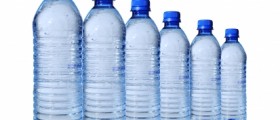
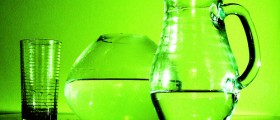
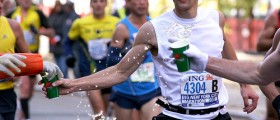
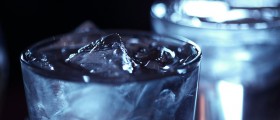
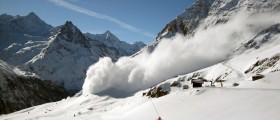
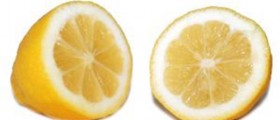

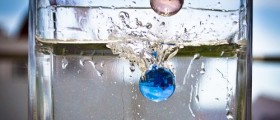
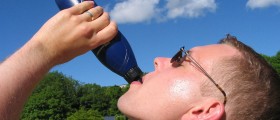
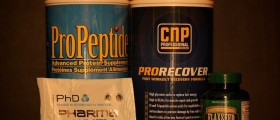





Your thoughts on this
Loading...